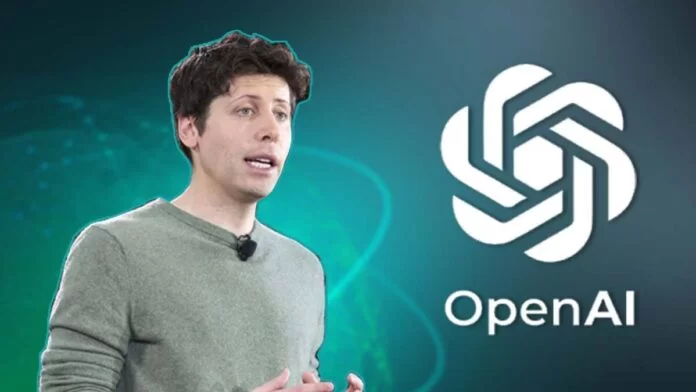OpenAI, the leading artificial intelligence company, has announced its plan to transition to a capped for-profit model. Founded in 2015 as a non-profit, the organization aimed to promote the ethical development of AI technology for the greater good. This change marks a strategic shift, balancing the need for innovation with financial viability while staying true to its mission-driven principles.
The capped for-profit model offers a distinctive business approach. In this framework, returns for investors are limited to a set cap, allowing for profitability without sacrificing OpenAI’s core mission. The company believes this innovative strategy will draw in top talent and investment while upholding its long-term dedication to transparency and public benefit.
OpenAI states that this transition is essential to meet the increasing demand for resources in the rapidly evolving AI sector. Creating advanced AI systems like GPT and DALL·E requires substantial financial support, and the non-profit model was no longer adequate to fund its ambitious initiatives. By embracing this new structure, OpenAI aims to expand its operations and speed up advancements in artificial intelligence.
However, critics have voiced concerns regarding the ethical ramifications of this change. While OpenAI assures stakeholders of its commitment to its foundational values, this move highlights the ongoing tension between technological advancement and ensuring alignment with societal needs. This transition is poised to reshape how mission-driven companies tackle the challenges of innovation and funding in a competitive landscape.





